Switzerland’s parliament urges debate on confiscating Russian state assets
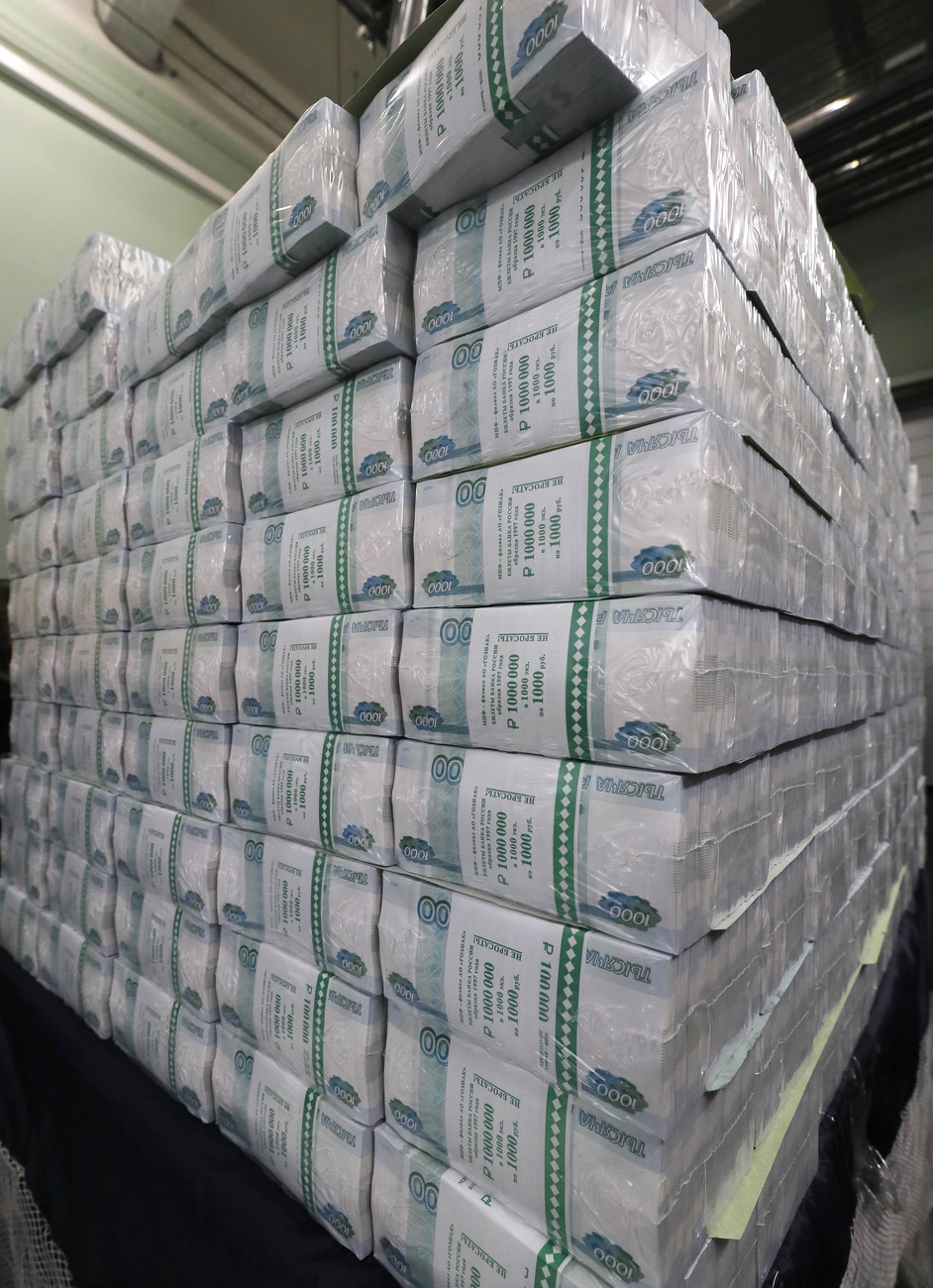
Switzerland should take part in the debate on the international legal basis for the confiscation of Russian state assets, according to its parliament. This was decided by the Senate on Thursday, after a debate on questions of international law.
The Senate adopted five identical motions from the House of Representatives by 21 votes to 19 with three abstentions.
The text of the motion calls on the Federal Council to take measures to ensure that the foundations for a reparations mechanism under international law are developed at the international level. This should make it possible to legally transfer frozen funds from the central bank of an aggressor or the assets of state-owned companies to an attacked state.
Specifically, the motion was concerned with reparation payments to Ukraine from Russian state assets – and in particular frozen funds from the Russian central bank.
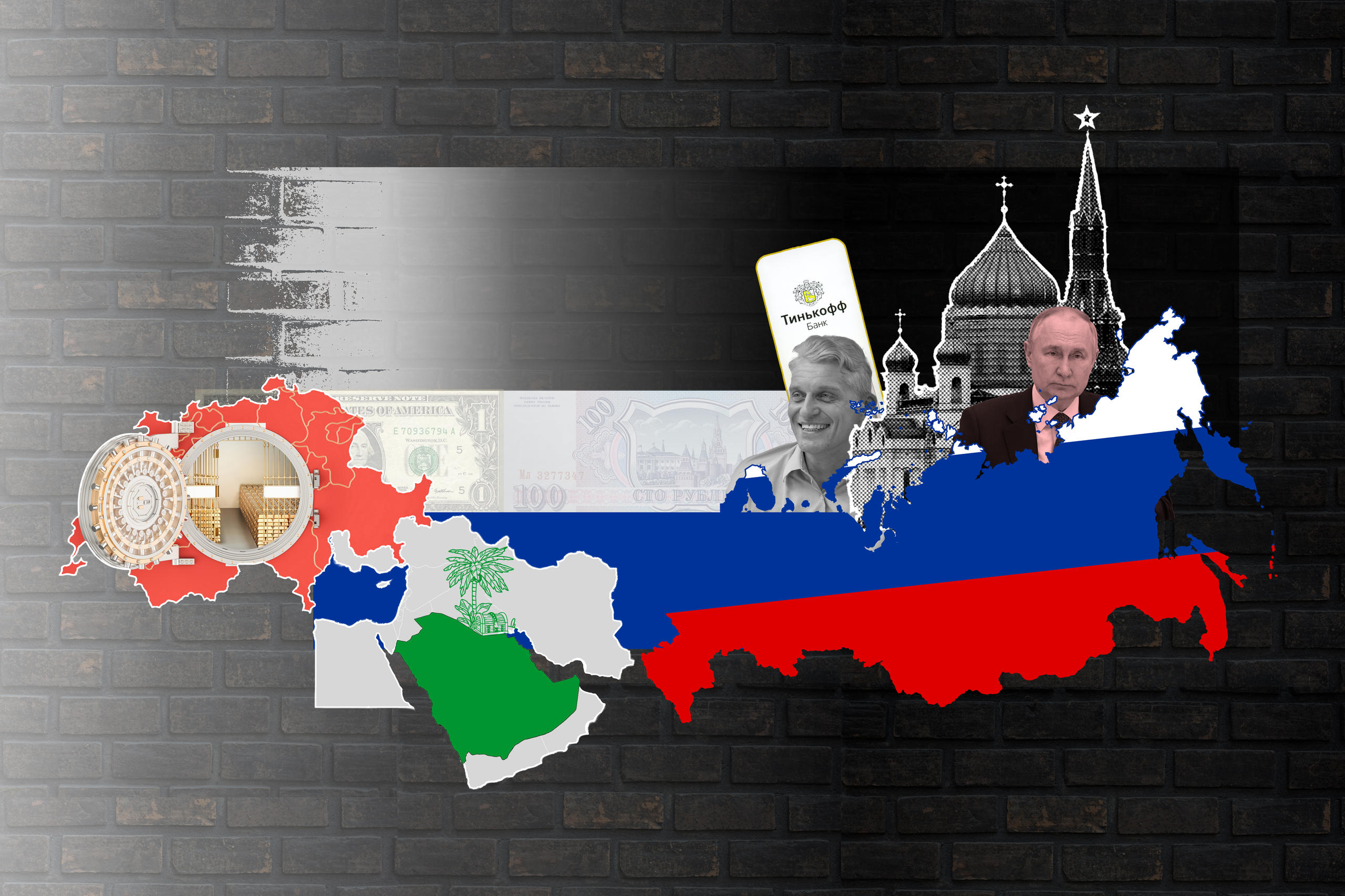
More
The impact of Russia sanctions on Swiss banks
The House of Representatives adopted the motions in the autumn session. Five members from the Social Democratic Party, the Green Party, the Liberal Green Party, the Centre and Radical-Liberal parliamentary groups in the House of Representatives had submitted them before the elections in October 2023. The Federal Council agreed with the mandate. It can now set about implementing it.
‘I urge caution‘
The legal affairs committee of the Senate voted 7 to 5 in favour of rejecting the motions. Majority spokesman Pirmin Schwander said that it was undisputed that state assets were protected by sovereign immunity under international law. It was not in Switzerland’s interest to undermine this principle.
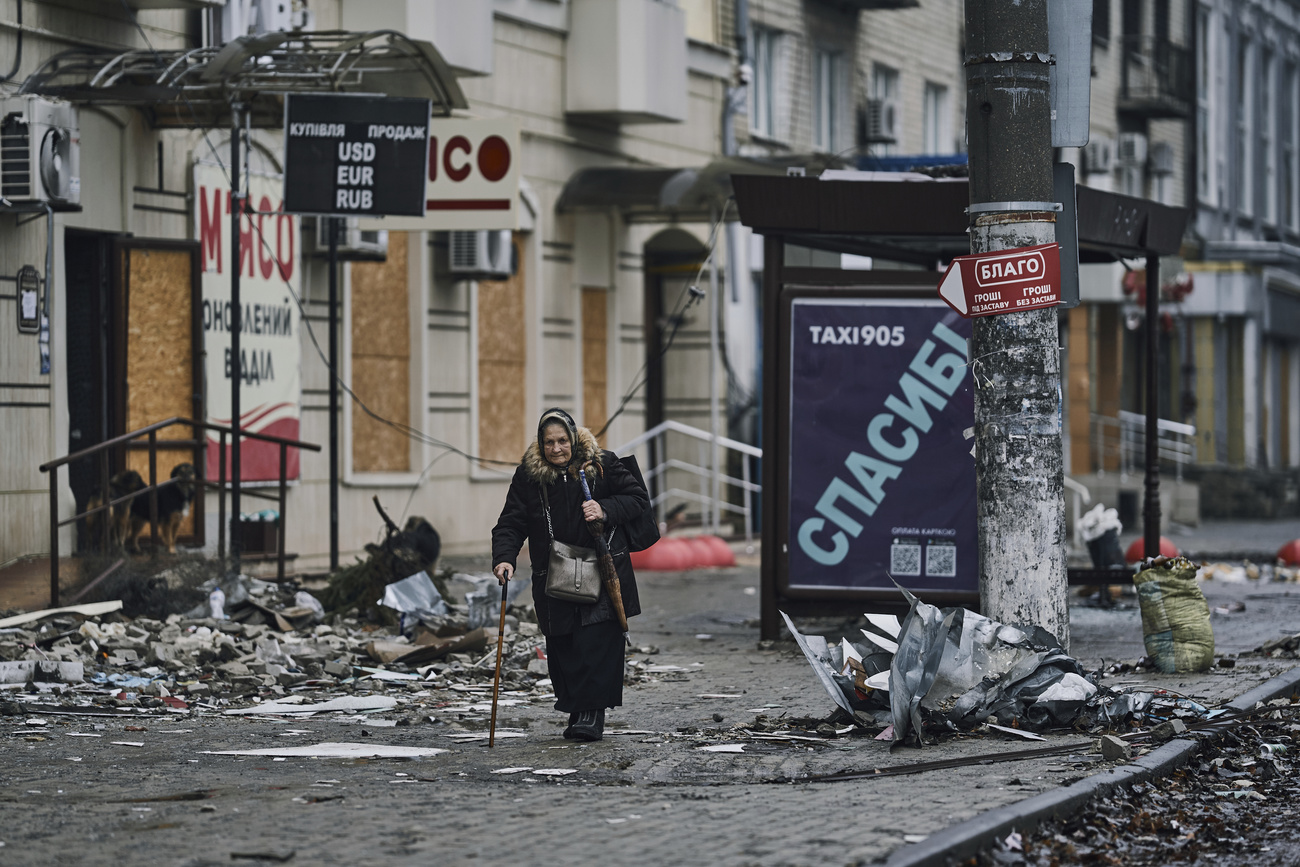
More
Could Switzerland seize Russia’s foreign reserves for Ukraine reconstruction?
A majority of the committee was also of the opinion that the motions were unnecessary, as Switzerland is already involved in the debates concerning a reparations mechanism at international level.
International law protects small states, not large ones, argued Daniel Jositsch of the Social Democratic Party: “We need to strengthen international law.” However, the motions and the efforts already underway by the Federal Council were going in the opposite direction. “I therefore urge caution,” he stated.
Beat Rieder of the Centre also emphasised that the motions should be rejected from a legal perspective. This was not a moral judgement: “Morally, we all want to help Ukraine.”
Open questions
Like Jositsch, Rieder also pointed out that claims could be made against Switzerland in the future. The senator from canton Valais also pointed out numerous unanswered questions in connection with reparations. For example, it is unclear how a state should function if it is deprived of necessary assets. It is also unclear how a state could be forced to pay without triggering a war.
Minority spokesperson Andrea Caroni of the Radical-Liberals countered the opponents of the motions by arguing that Ukraine is entitled to Russian assets. “Anyone who unlawfully causes damage to another state must compensate for it,” he said. “That is a basic principle.”
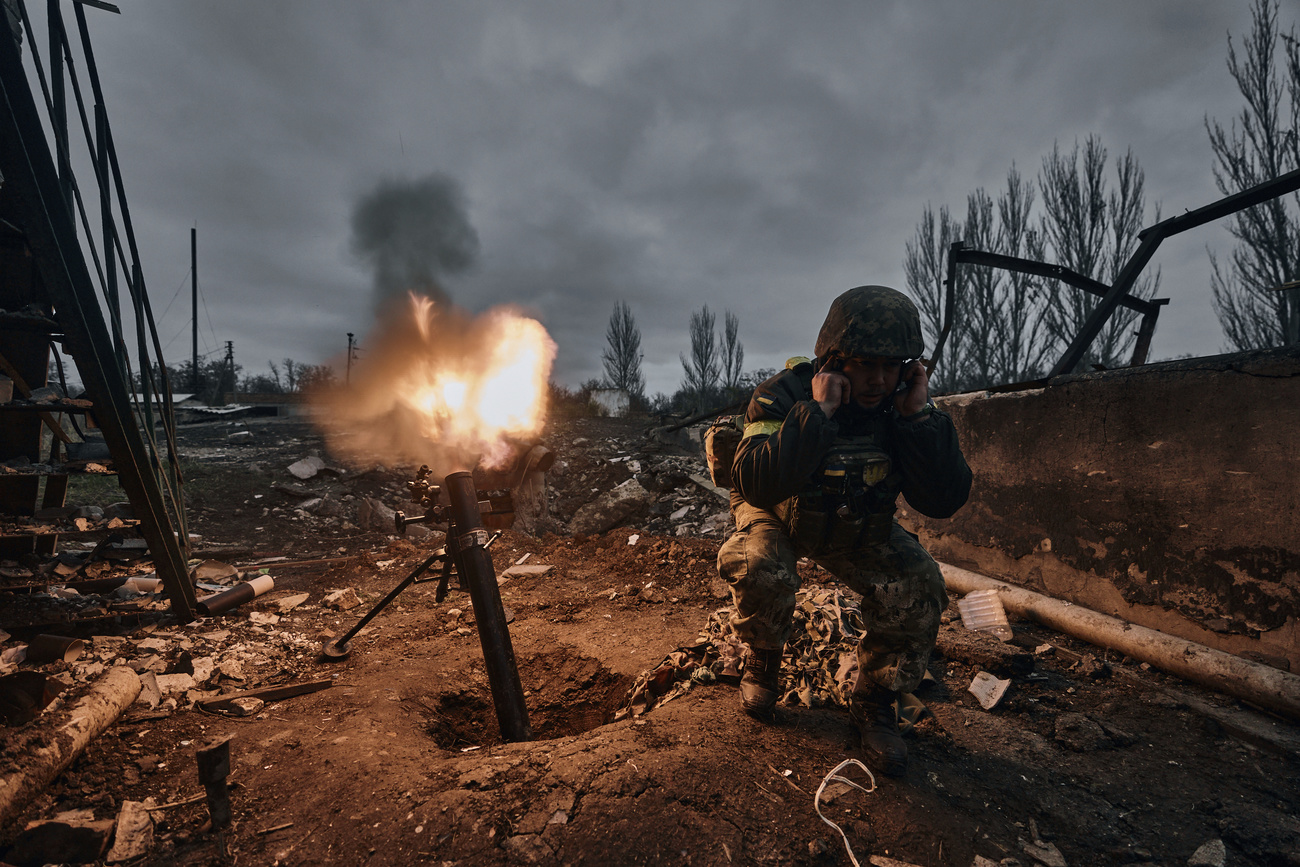
More
Could a Swiss-hosted summit bring peace to Ukraine?
The senator from Appenzell Outer Rhodes outlined a possible line of argument, according to which Russia’s war of aggression not only harms Ukraine, but the entire international community, which has an interest in peace. The international community could therefore potentially also make claims against Russia. Caroni emphasised that the motion did not anticipate an answer to this question.
Bringing in competences
According to Caroni, it is a matter of analysing the existing legal framework and, if necessary, developing it further. Switzerland should contribute its expertise: “If Switzerland can hoist one flag high, it is that of international law.” Caroni also argued that rejecting the motions would be a more problematic signal than accepting them.
Carlo Sommaruga of the Swiss Democratic Party said that the UN General Assembly, which had described Russia as the aggressor in a resolution, believed Moscow should pay for the war damage in Ukraine. Related discussions at international level are already underway.
Sergei Garmonin, the Russian ambassador to Switzerland, described the confiscation of Russian state assets on X (formerly Twitter) as unacceptable. He said Russian state leadership regards this as “pure robbery”. In his opinion, such measures would damage both the global financial system and Switzerland’s reputation.
More
Adapted from Germanby DeepL/kc/amva
This news story has been written and carefully fact-checked by an external editorial team. At SWI swissinfo.ch we select the most relevant news for an international audience and use automatic translation tools such as DeepL to translate it into English. Providing you with automatically translated news gives us the time to write more in-depth articles.
If you want to know more about how we work, have a look here, and if you have feedback on this news story please write to english@swissinfo.ch.

In compliance with the JTI standards
More: SWI swissinfo.ch certified by the Journalism Trust Initiative
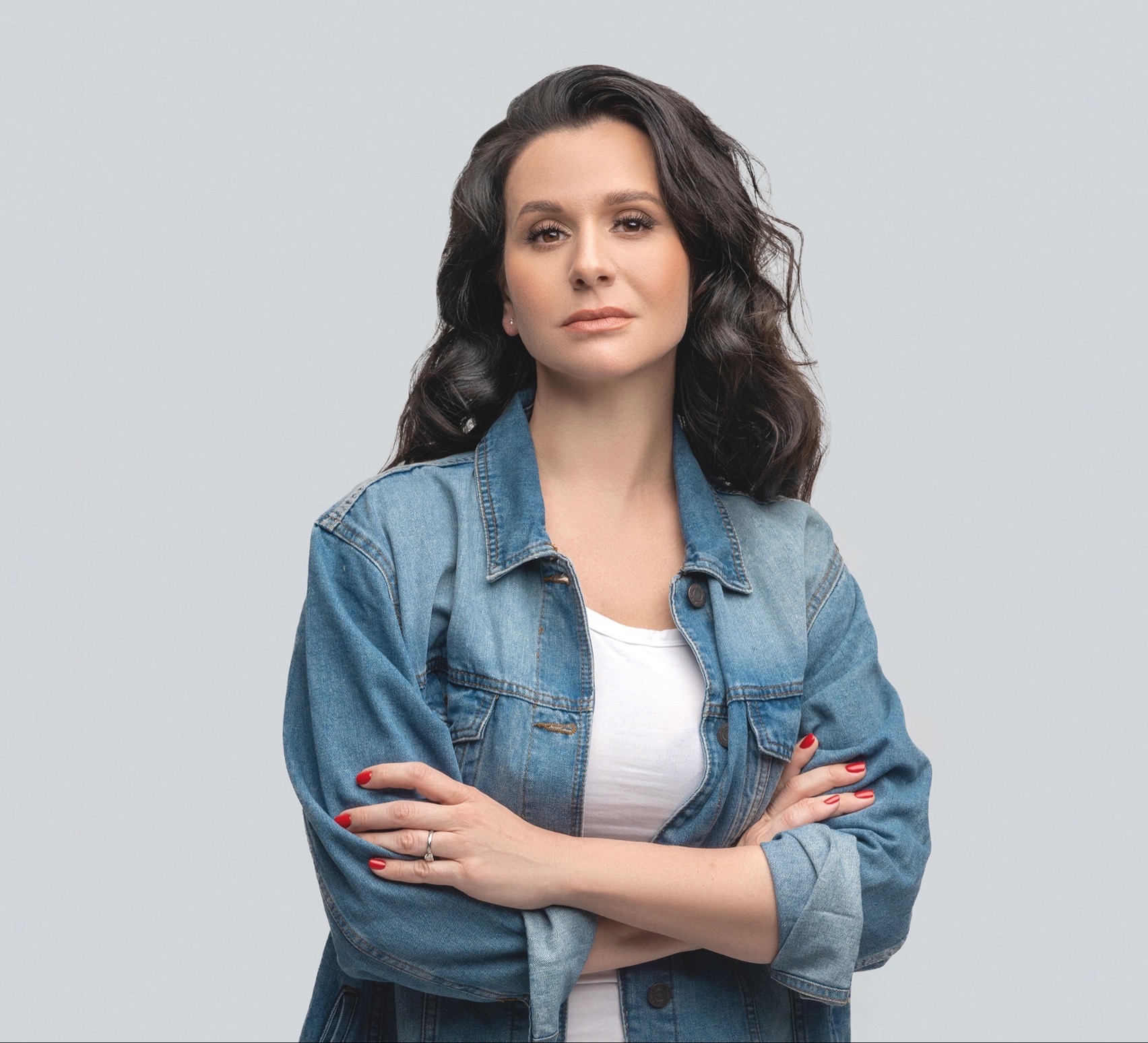















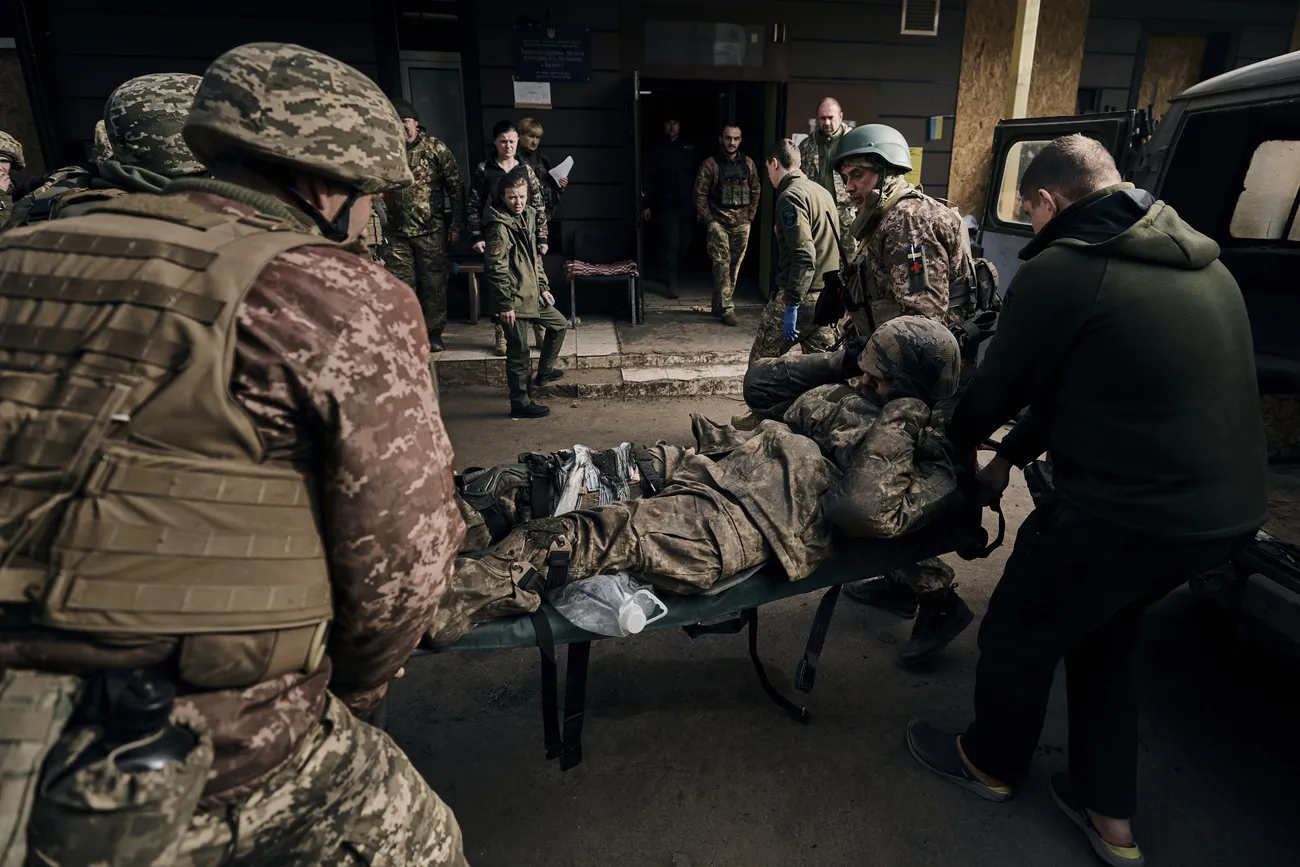
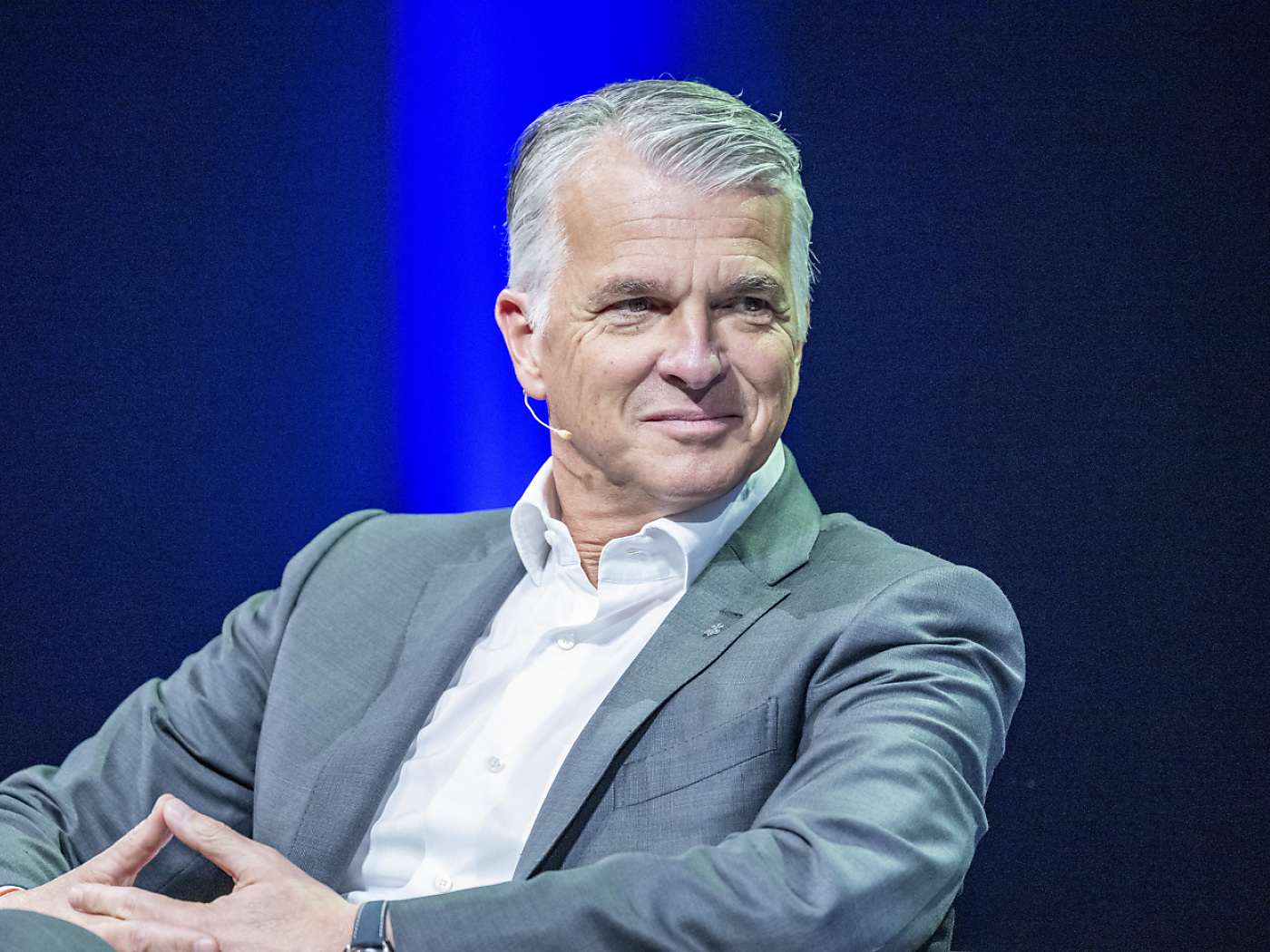

You can find an overview of ongoing debates with our journalists here . Please join us!
If you want to start a conversation about a topic raised in this article or want to report factual errors, email us at english@swissinfo.ch.